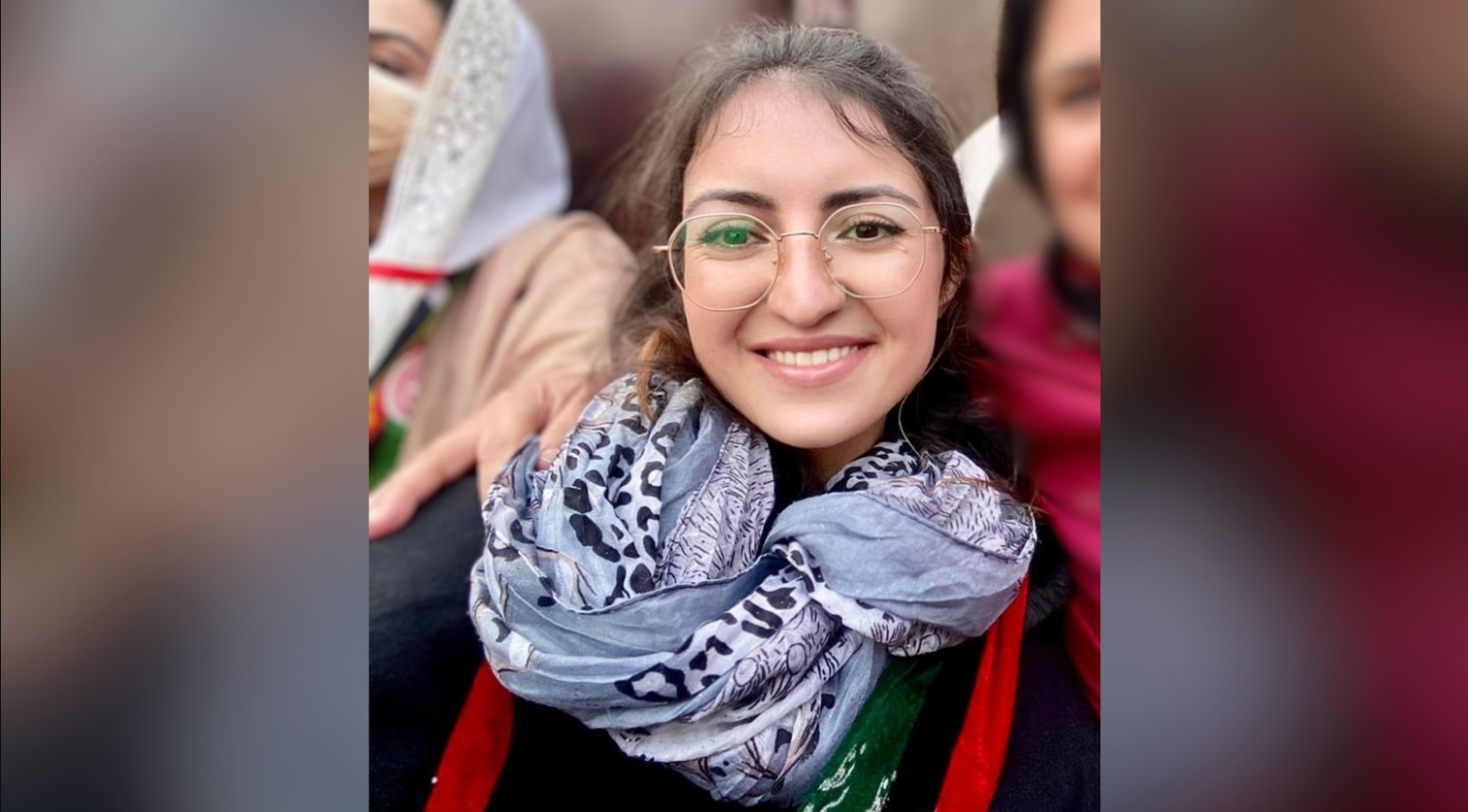280 Women Nominated by 111 Parties for Elections 2024

ISLAMABAD: As many as 111 political parties have nominated 280 women candidates to contest the upcoming elections on general seats, making up for 4.64 percent of the total of 6,037 candidates they have fielded, reports Free and Fair Election Network (FAFEN).
The initiative aligns with Section 206 of the Elections Act, 2017, which mandates political parties to ensure at least five percent representation of women candidates for general seats through a transparent and democratic procedure.
FAFEN’s analysis, based on the List of Contesting Candidates (Form-33) for National and Provincial Assemblies, reveals insights into the distribution of women candidates across political parties. Out of the 111 parties, 30 have met or exceeded the five percent requirement, while four parties have fielded candidates falling between 4.50 and 4.99 percent, statistically rounded up to five percent. However, the majority of parties, numbering 77, have nominated less than 4.50 percent of women candidates on general seats.
This discrepancy arises primarily due to the technical application of the provision, which is effective only for political parties fielding a minimum of 20 candidates on general seats. Among the total, only 35 political parties have surpassed this threshold.
The level of adherence to the five-percent provision varies across the elective houses, as per FAFEN’s analysis. In the National Assembly, out of 1,872 candidates fielded by 94 parties, 93 are women, constituting 4.97 percent of the total. Similarly, for the Punjab Assembly, 59 women candidates out of 1,878 (3.14 percent) have been nominated by 70 parties. The Sindh Assembly sees the highest representation with 62 women candidates out of 948 (6.54 percent) fielded by 50 parties. In the Balochistan Assembly, 19 women candidates out of 533 (3.56 percent) have been nominated by 37 parties. Finally, for the Khyber Pakhtunkhwa Assembly, 47 women candidates out of 806 (5.83 percent) have been nominated by 44 parties.
This distribution highlights both progress and areas for improvement in achieving gender parity within Pakistan’s political landscape as the country prepares for the General Elections 2024.





